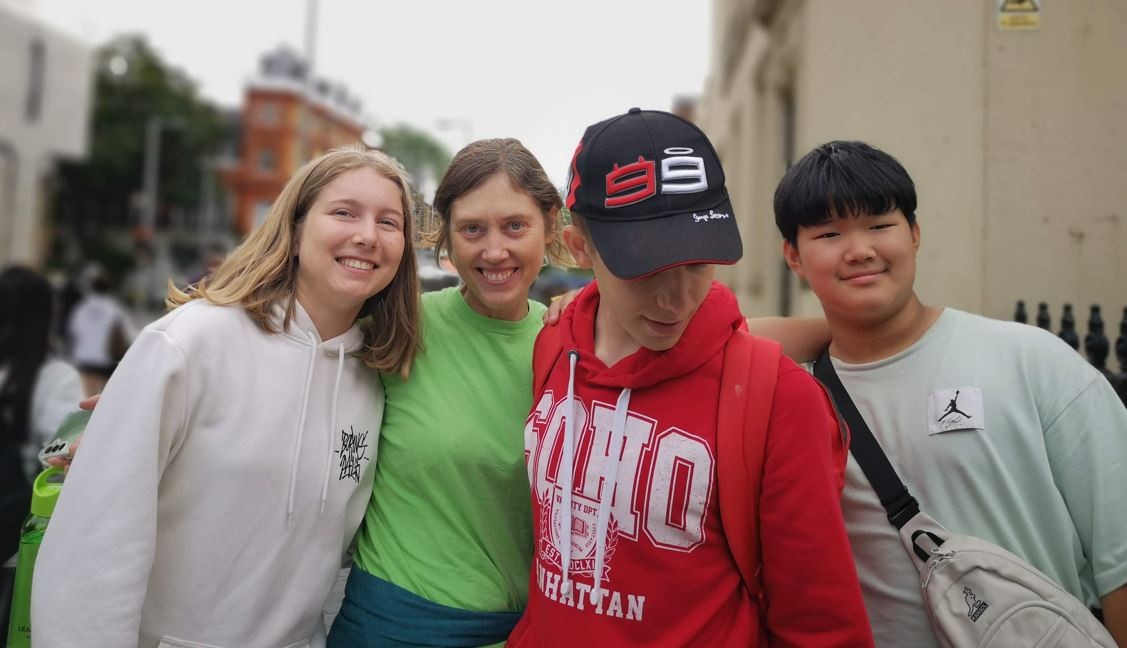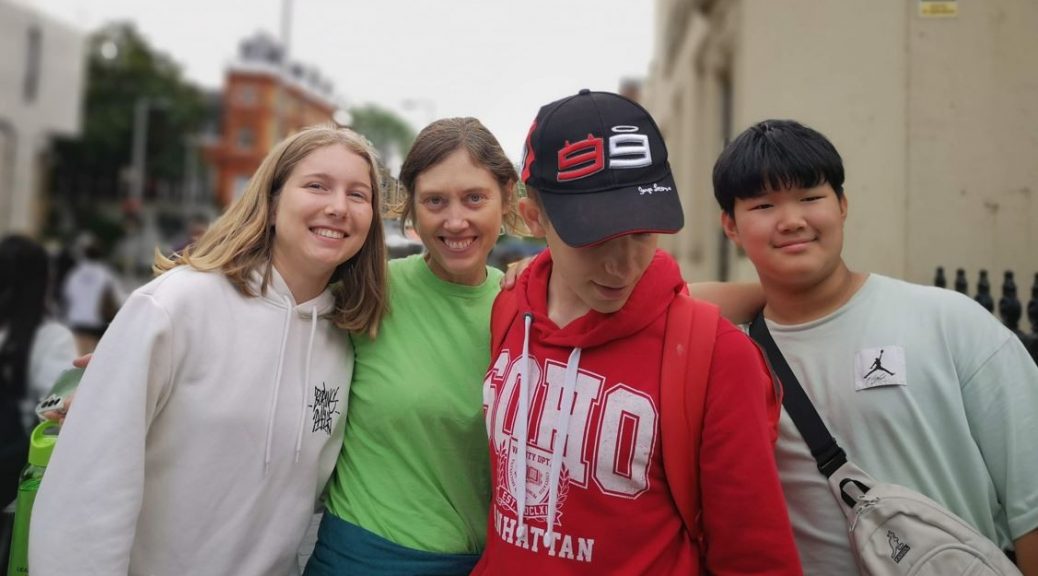Still No1: The Human Factor
4 days. 32 lecture slots. 500+ lectures.
With the latest news for you from the world of English language teaching, we’re just back from the international IATEFL teachers’ conference. What a difference a year makes. In last year’s conference guide there was only 1 mention of AI. This year there were 46. The good news is that despite the rise of AI, The Human Factor is still No 1. Here’s why:
3 takeaways from the world’s biggest English Language Teaching conference:
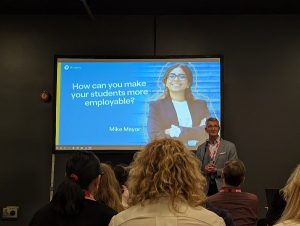
1 of 3 > Making students more employable:
43% of Gen Z are worried about jobs being lost to AI.
However, Mike Mayor, Senior Director of Pearson’s Global Scale of English identified that the very soft skills that make us human are those that hold the key to students’ future employability:
- Collaboration
- Critical Thinking
- Communication
- Creativity
- Leadership
- Self-Management
- Social Responsibility
Read more:
- Global Leadership courses at More Than English (p15)
- University Prep course at More Than English (p20)
- PDF: Pearson: What Makes Us Employable?
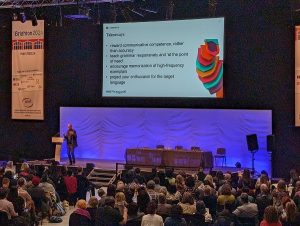
2 of 3 > “Reward communicative competence rather than accuracy”
Any teacher who has studied the CELTA (teaching qualification) will have read teaching methodology books by Scott Thornbury. Exploring the question of whether learning English is different from learning other languages (spoiler: it isn’t) he concluded with 4 main points relevant to teaching any language:
- Reward communicative competence rather than accuracy
- Teach grammar responsibly and at the time it is needed
- Encourage memorisation of high frequency exemplars
- Project your enthusiasm for the target language
Wise words from the grandmaster himself!
For teenagers experiencing life in an international community on summer school nothing is more joyful than learning new skills and exploring the world together, which is why at More Than English we put meaningful communication at the very heart of our programme from morning to night. Yes, we work hard on helping students develop accuracy and their knowledge of the language. However, what is equally important as how much English they know is what they can do with their English and that requires a whole extra set of ‘human skills’ (see next point).
Read more:
Meaningful Communication @ More Than English (pp10-21)
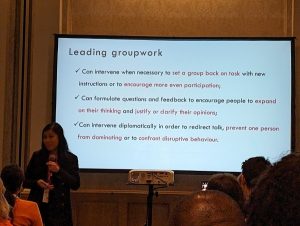
3 of 3 > Mediation and the power of human relationships
Legendary National Geographic course book writer Chia Suan Chong was clear: “it is relationships and trust that underlies successful communication in today’s world of fast and overwhelming information and AI.” And successful communication requires ‘mediation’ skills, or, in other words, building bridges between people:
Teaching mediation:
- Transactional: mediating texts
- Interpersonal: mediating communication
- Evaluative: mediating concepts
At More Than English we are not just teaching students the language they need to have everyday conversations. We are training them to communicate across cultures and explore the world of ideas from different perspectives. We are training them to work effectively in international teams to develop new skills and deliver projects from Model UN debates to panel discussions and theatre productions. We know, because we have seen it so many times, there is no limit to what our teenagers can achieve together, and for the forseeable future, AI will not come close.
Read more:
Subjects & Specialisms at More Than English (pp10-21)
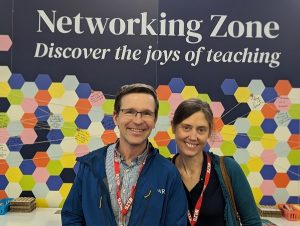
We’d love to talk with you on any topic from teaching methodology to airport transfers!
- Book a video call
- Call the office: +44 1584 812562
- Email us: claire.norwood@morethanenglish.co.uk / david.meddows@morethanenglish.co.uk
